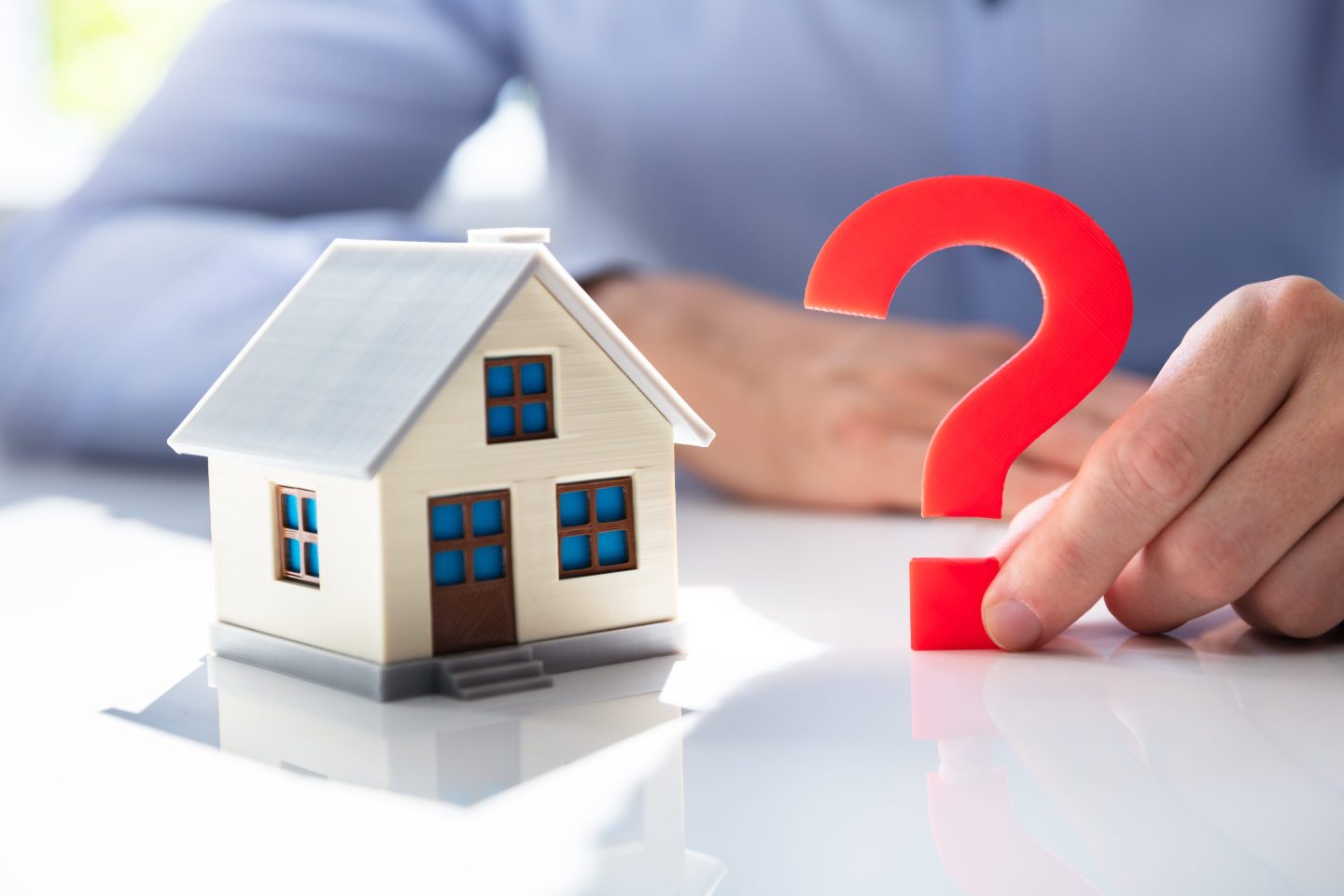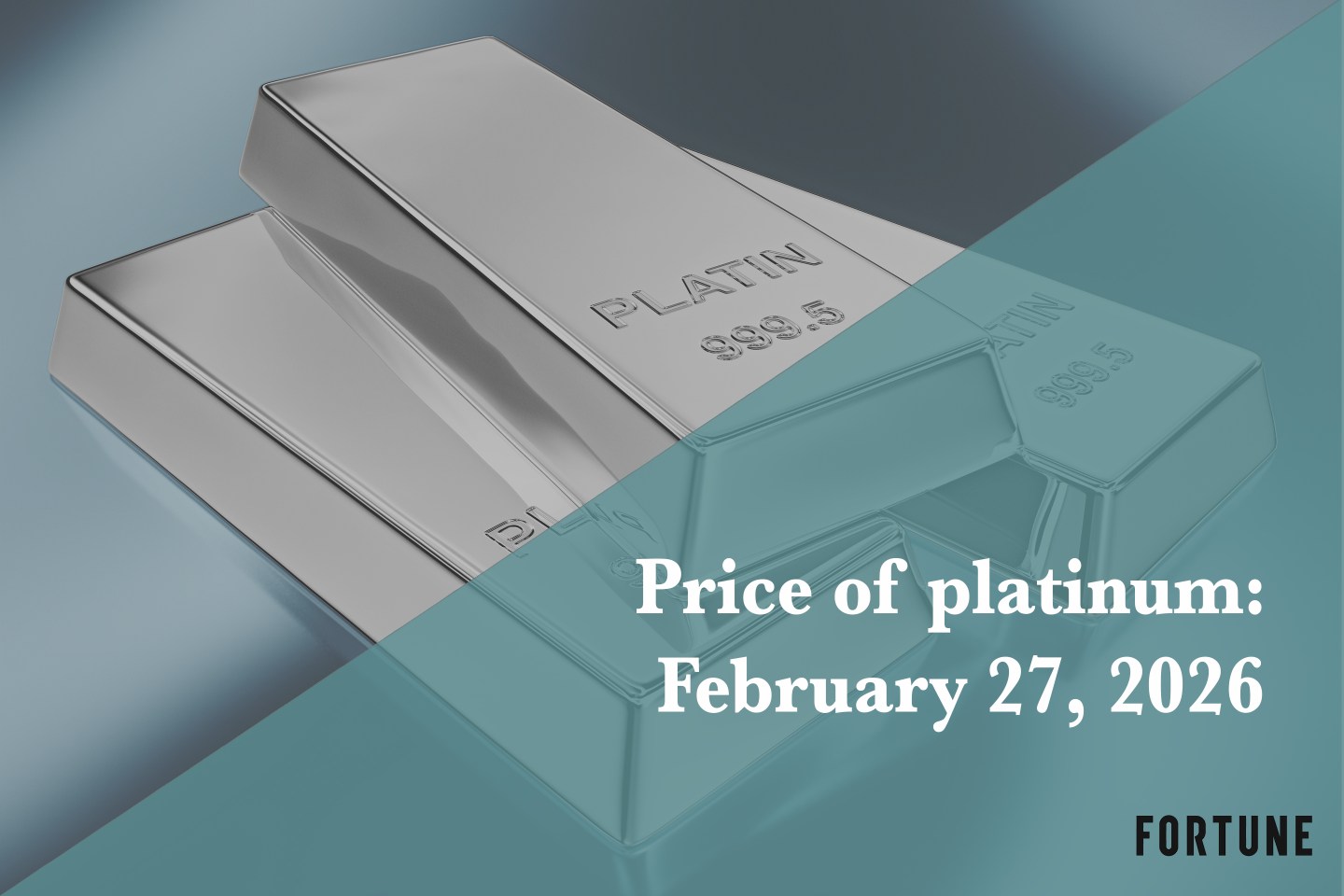A down payment is probably one of the very first things you think of when the topic turns to buying a home—and it can often be one of the biggest barriers on the road to homeownership. It’s natural to wonder whether you can use a personal loan to cover the down payment. To cut right to the chase, the answer is “no.”
You can use funds from a personal loan for almost anything, but mortgage lenders typically won’t approve you for a home loan if you’re trying to fund your down payment that way. But, don’t despair. You likely don’t need the full 20% down payment amount that’s commonly quoted, and certain mortgage types are available with no down payment.
Read on and we’ll explain why most lenders won’t let you use a personal loan for a down payment, why your down payment matters so much, and what alternatives may be worth a look.
Why most lenders don’t allow personal loans for down payments
There are a few reasons lenders don’t typically allow borrowers to use a personal loan as a mortgage down payment.
The first thing to know is that financial institutions Fannie Mae and Freddie Mac purchase most mortgages in the U.S. They explicitly prohibit customers from using a personal loan as a down payment.
But in addition to this restriction, lenders don’t like the idea because a personal loan will raise your debt-to-income ratio (DTI). The debt-to-income ratio is the percentage of your gross monthly income that is tied up paying debts—such as an auto loan, credit card balance, etc.
With exceptions, lenders are looking for a DTI of 43% or less. Opening a personal loan may increase your DTI and even push you over this number, making you a poor candidate for a mortgage.
On a related note, taking out a personal loan for the purpose of a down payment signals to the bank that you don’t have a tremendous amount of savings to put toward this all-important purchase. Those who don’t readily have a down payment may be viewed as an inherently riskier customer.
Key things to know about your down payment
First things first: How much does your down payment matter? Do you even need to make one?
We’ll answer that last question first. Yes, you probably have to make at least a minimum down payment, unless you’re buying your home with a VA loan—available to U.S. military members, veterans, and surviving spouses—or a USDA loan, available to low- and moderate-income homebuyers in qualifying rural areas.
However, you don’t necessarily need 20% saved up before you can buy a home. The median home sales price in the U.S. is currently more than $400,000, and 20% of a $400,000 home sticker price would be $80,000. That’s a lot of cash, to say the least.
We’ll touch on minimum down payment amounts later in the article. But, it is true coming in with a larger down payment can offer benefits, such as the following:
- Lower monthly payment: With a large down payment, you can lower the total amount you borrow—making your monthly payments more reasonable.
- Potentially lower interest rates: Banks sometimes offer lower interest rates for those with meaningful down payments.
- Better approval odds: With a larger down payment, lenders may view your application more favorably.
- Avoid private mortgage insurance (PMI): It’s common for homebuyers to have to put at least 20% down on the home or be on the hook for private mortgage insurance (often between 0.58% and 1.85%) until they’ve paid off 20% of your home loan. Specifically, this is almost always the case with conventional loans. FHA loans have something called a Mortgage Insurance Premium instead, and VA and USDA loans do not require mortgage insurance but do assess fees specific to these mortgage types.
Alternatives to using a personal loan for your down payment
Given that opening a personal loan as a down payment is unlikely to be viable, here are some better options that may provide a realistic path toward homeownership.
- Consider whether a minimum down payment might be right for you: In many cases, homebuyers can secure a mortgage with a much lower down payment than the oft-quoted 20%. VA loans (available to eligible military members and spouses) and USDA loans can be opened with no down payment; FHA loans require as little as 3.5% down; conventional loans can typically be opened with just 3% to 5% down.
- Use home equity: If you’d like to buy a new house and sell your current house, a home equity loan can be an excellent way to get the funds you need for a down payment. Once you sell your current house, you can simply repay your home equity loan. Note that this may not be ideal if you plan to keep both properties, as you’ll be stuck paying back your home equity loan in addition to your two mortgages.
- Use retirement accounts: Funds from retirement accounts might provide the down payment you need. For example, first-time homebuyers are allowed to withdraw up to $10,000 of their traditional IRA without paying the 10% early withdrawal penalty that would otherwise be enforced by the IRS for those under 59 ½ years old.
- Use eligible gifts: In some cases, you may be able to use money gifted to you from family or friends. Depending on the amount of money, you may need a letter outlining the amount of money given and some information about the donor. You’ll also need a statement that you are under no obligation to pay the money back.
Can you buy a house entirely with a personal loan?
You generally can’t use a personal loan for a down payment—but can you use it to buy a house? Perhaps you’re thinking this would allow you to avoid the thorny down payment question entirely, as personal loans generally don’t require the borrower to front cash.
In some rare cases, it may be doable. But there are reasons you shouldn’t.
Personal loans typically often come with far higher interest rates and lower borrowing amounts than mortgages. Unless you’re buying a low-cost property, or a home that may not qualify for a traditional mortgage (think a mobile home or a tiny home), a personal loan is a suboptimal way to finance your purchase. For instance a lender might cap personal loan amounts at $100,000, which far lower than the cost of most houses in today’s market.
Also consider that personal loans typically have much shorter repayment terms than a mortgage—often maxing out at five years, while by contrast 30-year terms are the norm in the mortgage space.
The takeaway
While opening a personal loan to cover a house down payment might seem like a creative solution at first, it’s almost universally not allowed. Instead, consider whether you might be able to get into a new place by making a minimum down payment amount (often in the 3% to 5% range depending on specific mortgage type) or whether tapping retirement funds or leveraging gifts from friends or family might be a viable path forward.
Frequently asked questions
How does a personal loan affect my debt-to-income ratio for a mortgage?
When taking out a personal loan for a down payment, your debt-to-income ratio will increase. This can push your DTI above the typical preferred 43% threshold.
What are acceptable sources of funds for a down payment?
Acceptable sources of funds for a down payment include your bank deposit accounts, retirement accounts (like an IRA), a home equity loan, and (for specific mortgage types) gifted money from family or friends.
Can you get a personal loan and a mortgage at the same time?
It’s possible in theory to open a personal loan and a mortgage in fairly quick succession—but again, you generally can’t use the personal loan as a down payment on your home. Also, mortgage lenders might frown at seeing a recent inquiry for a personal loan on your credit history.
How much do you need for a down payment on a house?
While the exact required down payment depends on your mortgage type, you’ll generally need at least 3% for a conventional loan. Putting 20% down will help you avoid being charged for private mortgage insurance (PMI).
What are the best alternatives to a personal loan for a down payment?
The best alternatives to a personal loan for a down payment will vary by your situation but can include down payment assistance (provided by state and local programs), retirement account withdrawals, eligible gifts from family members, and leveraging home equity.













